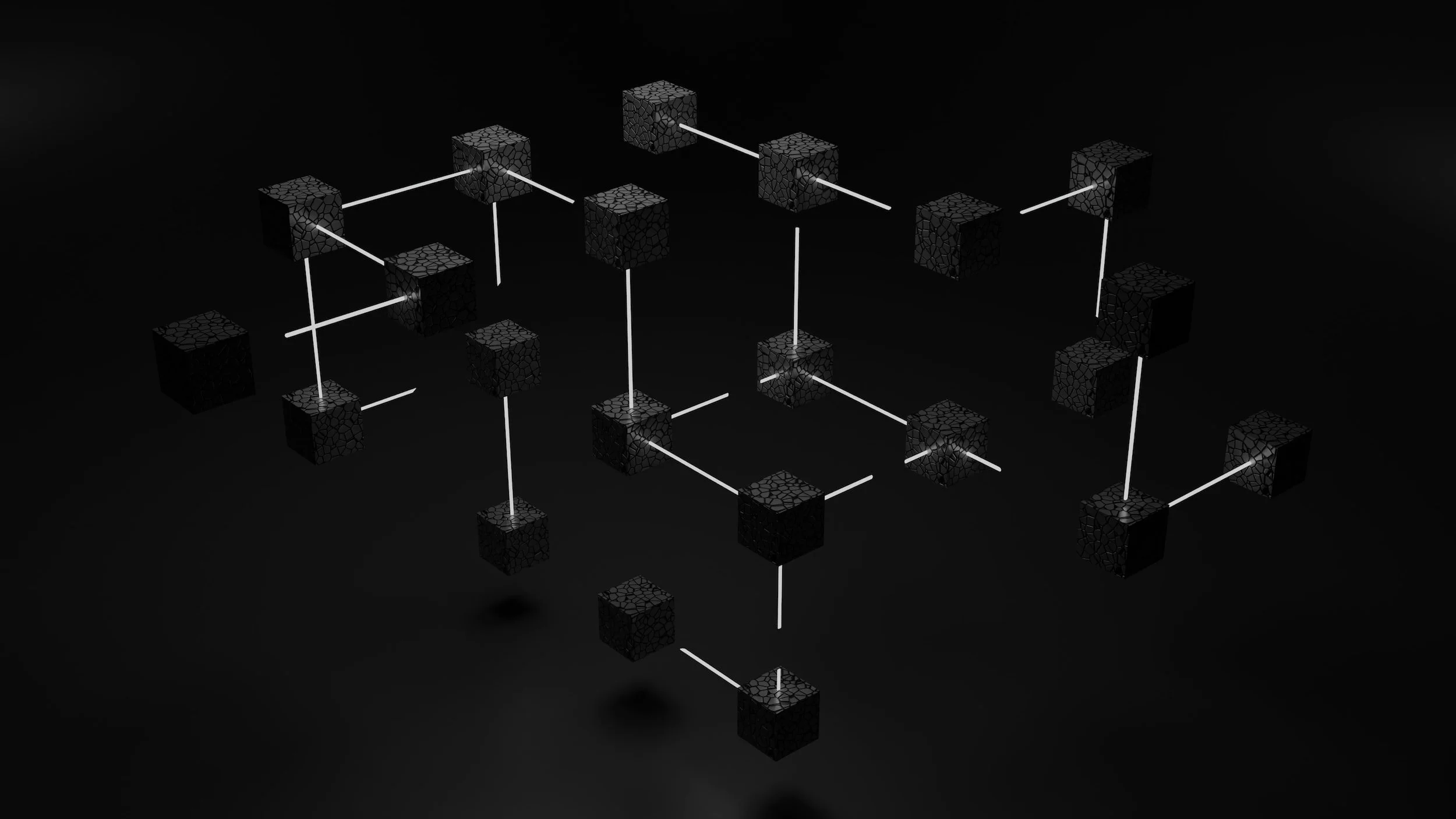Blockchain is a digital ledger or database that stores information in a decentralized, distributed manner. This means that instead of relying on a central authority, such as a bank or government, to verify and record transactions, blockchain uses a network of computers to validate and store data.
Each block in a blockchain contains a set of transactions, and is linked to the previous block through a cryptographic hash function, creating a chain of blocks. Once a block is added to the chain, it cannot be altered without also changing all the subsequent blocks in the chain, making it very difficult to manipulate or tamper with the data.
Blockchains can be public, where anyone can participate in the network and view the data, or private, where access is restricted to a specific group of users. They are often used for financial transactions, such as cryptocurrencies like Bitcoin, but can also be applied to other industries, such as supply chain management, identity verification, and voting systems.
The use of blockchain can provide benefits such as increased transparency, security, and efficiency, as well as reducing the need for intermediaries and lowering transaction costs. However, it is important to note that blockchain technology is still in its early stages of development and there are also some potential drawbacks and challenges associated with its implementation, such as scalability, regulatory issues, and energy consumption.



